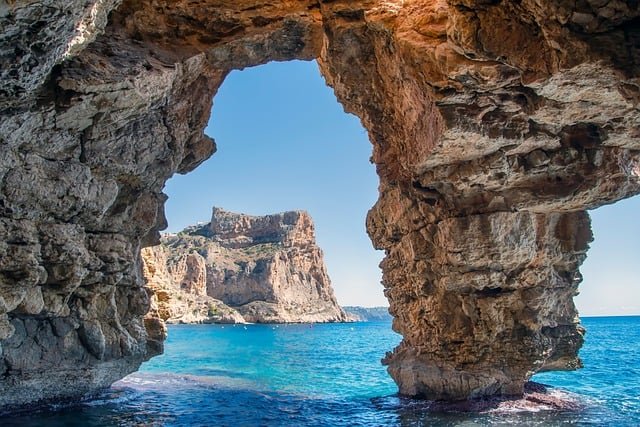Choosing the right wine cooler is essential for any enthusiast seeking to preserve their collection’s integrity. This article explores the critical aspects of temperature and humidity control, alongside the pivotal role of UV protection. Understanding these factors will ensure your investment matures perfectly, ready for that special occasion.
The Science of Perfect Preservation: Temperature and Humidity
At the heart of any wine storage solution is the precise management of temperature and humidity. Wine is a delicate beverage that reacts poorly to fluctuations; consistent temperatures between 45-65°F (7-18°C) are universally recommended by experts, with 55°F (13°C) often cited as the ideal. A study by the University of California, Davis, a leading authority in viticulture and enology, has long emphasized that temperature swings cause the wine to expand and contract, potentially pulling air through the cork and oxidizing the wine prematurely.
Equally crucial is maintaining a humidity level of around 50-70%. This prevents corks from drying out and shrinking, which would allow oxygen to seep in and spoil the wine. Modern wine coolers are engineered with advanced thermoelectric or compressor cooling systems and built-in humidification features to create this stable environment, effectively safeguarding your bottles against its two greatest enemies: heat and dryness.
Shielding Your Investment from Light and Vibration
Beyond climate control, two often underestimated factors can severely degrade wine quality: light and vibration. Ultraviolet (UV) rays, particularly from sunlight, are detrimental to wine. They catalyze a chemical reaction that creates sulfur-based compounds, leading to unpleasant aromas often described as “light-strike” or “skunked.” This phenomenon was detailed in a 2009 research paper published in the Journal of Agricultural and Food Chemistry, confirming the damaging photochemical effect of light on wine.
Furthermore, constant vibration disturbs the sediment in aging wine and can accelerate chemical reactions, hindering the maturation process. Premium wine storage units address this with low-vibration cooling technologies and solid, tempered glass doors that are often double-paned and treated to block 99% of harmful UV rays. When selecting a wine cooler, ensuring it offers this protective barrier is non-negotiable for long-term aging.
In summary, optimal wine preservation hinges on a stable, cool environment with controlled humidity, complete protection from UV light, and minimal vibration. By investing in a quality cooler that masters these elements, you are not just storing wine; you are curating its journey to peak flavor and aroma, guaranteeing every bottle you open is a perfect representation of the vintner’s craft.
